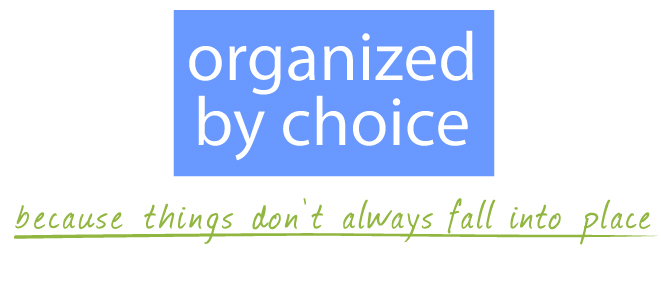Last week I had the opportunity to do a day of substitute teaching for my daughter who homeschools her girls. Fortunately, for me, their math doesn’t include long division yet. Yep, sadly that’s when math began to get hard for me. This eliminated careers that weigh heavy on math skills. Fine with me.
It doesn’t however eliminate the need for math in everyday life. Does the fact that I whip out my calculator to determine the tip and the person at the table next to me does it in her head mean I’m lazy? I don’t think so. Learning math basics and having useful tools makes life as an underachiever doable.
Each of us is created with a unique set of skills and abilities. Not many of us sing on stage, but we can all join in on a chorus of “Happy Birthday” at family parties. What’s natural for some, isn’t for others.
It’s similar with organizing strengths. Some naturally alphabetize their spices, while others feel lucky if they can find their salt and pepper. Does this mean they’re lazy? I don’t think so. Having a natural ability to organize doesn’t make you a better person any more than being strong in math does.
Yet for many, being disorganized is a matter of shame. Here are some Timely Tips to reduce shame and increase productivity.
Timely Tips to reduce shame and increase productivity
Who’s defining “disorganized” for you? Is it based on the most organized person you know? Is it based on the expectations of a parent or an in-law? Is it a TV show or YouTuber?
Christina Scalise says, “Organization isn’t about perfection it’s about efficiency, reducing stress and clutter, saving time and money and improving your overall quality of life.” What that looks like and how it’s achieved can vary a great deal.
If your quality of life depends on having an art project continually going, your space will look different than the person whose interest is golfing. You may have a plethora of art supplies but know exactly where to find each item. To the average observer it may look messy, but to you it’s functional.
To maintain a busy work and home schedule your laundry organizing may consist of baskets for dirty, and baskets for clean that the family draws from as needed. Your neighbor may use the Kondo folding technique for each pair of underwear and socks. If the baskets are efficient for this phase of life—so be it.
Your organizational skills may be minimal but adequate to maintain the quality of life you desire. Matching your neighbor’s standard isn’t the goal.
Art Room Before & After
However, you may be struggling with stress, wasted time looking for things and feeling like your home isn’t supporting the life you want. You’re not a failure. Remember, we all have different strengths and weaknesses. Disorganization is not a respecter of persons and even hits those who are naturally organized.
Envision your own standard of function for your home and write down what that would look like. Seek the help of a friend, a professional (like me!), a book, or YouTuber that has the expertise you’re lacking.
Resource books:
Organizing for the Creative Person, Dorothy Lehmkuhl & Dolores Cotter Lamping C.S.W.
It’s All Too Much, Peter Walsh
Organizing Plain & Simple, Donna Smallin
ADD-Friendly Ways to Organize Your Life, Judith Kohlberg & Kathleen Nadeau
Organizing from the Inside Out, Julie Morgenstern
wise words
“Organizing is not nearly as important as many other things in life, but what it delivers is often priceless.” -Sandra Felton (messies.com)
A word to those who are naturally organized. Be gracious with those in your life who aren't. Value their strengths and contributions. If they ask for help, do so with respect for their standards, even if they're different than yours.




